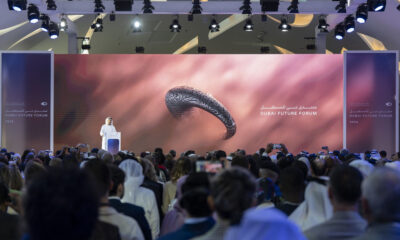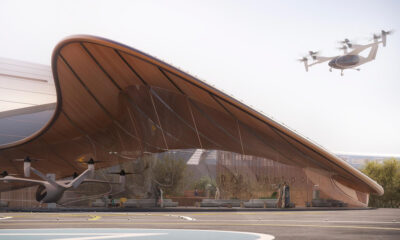News
Dubai’s Self-Driving, Electric Abra Blends Tech With Tradition
The Emirate is upgrading its waterway transportation fleet by introducing Sea Breeze, a smart, sustainable water taxi.
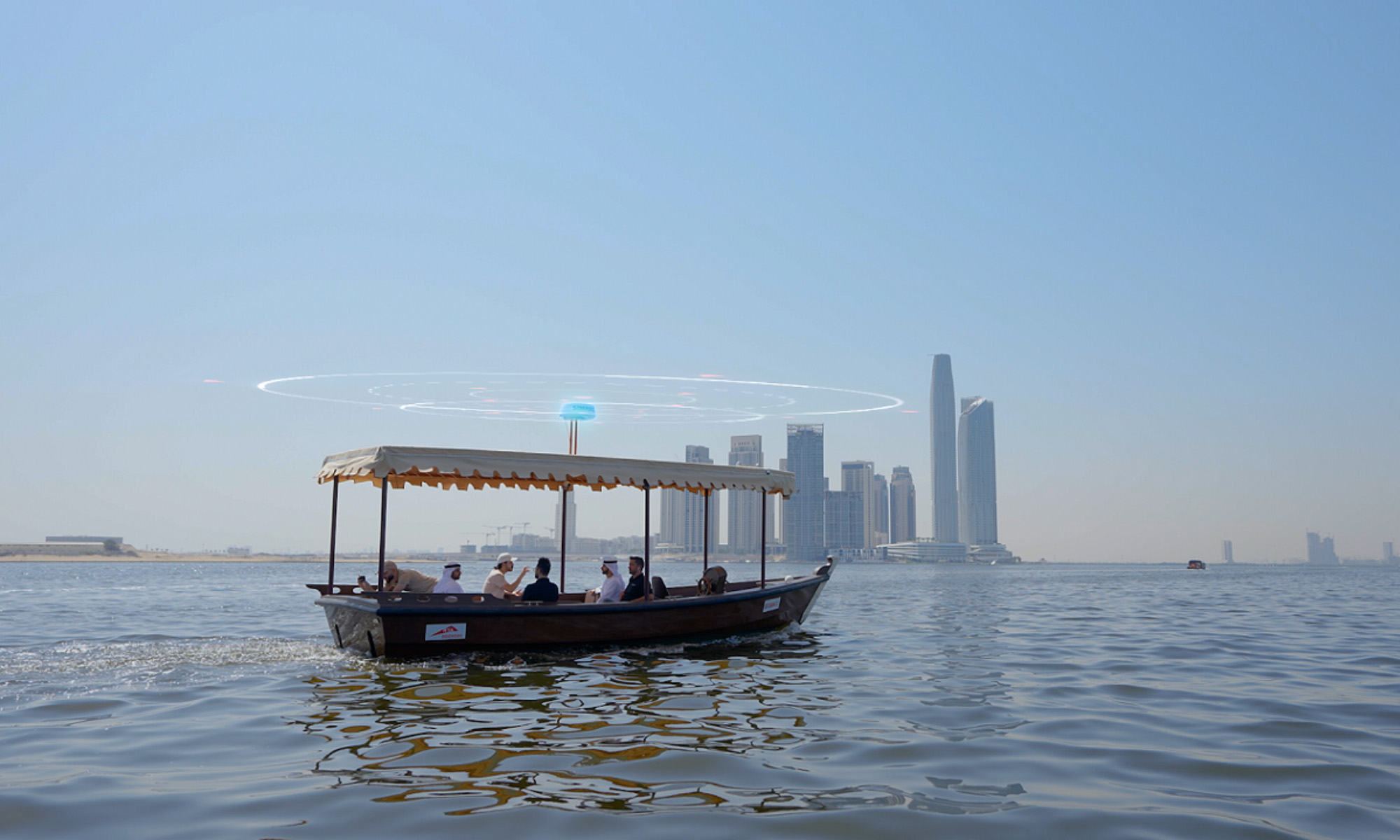
Yesterday, a self-driving traditional wooden abra boat named “Sea Breeze” embarked on its first on-the-water trial on Dubai Creek between the Al Jadaf and Festival City stations.
The initiative, led by the Dubai Roads and Transport Authority (RTA), aims to enhance efficiency for residents and tourists while lowering emissions.
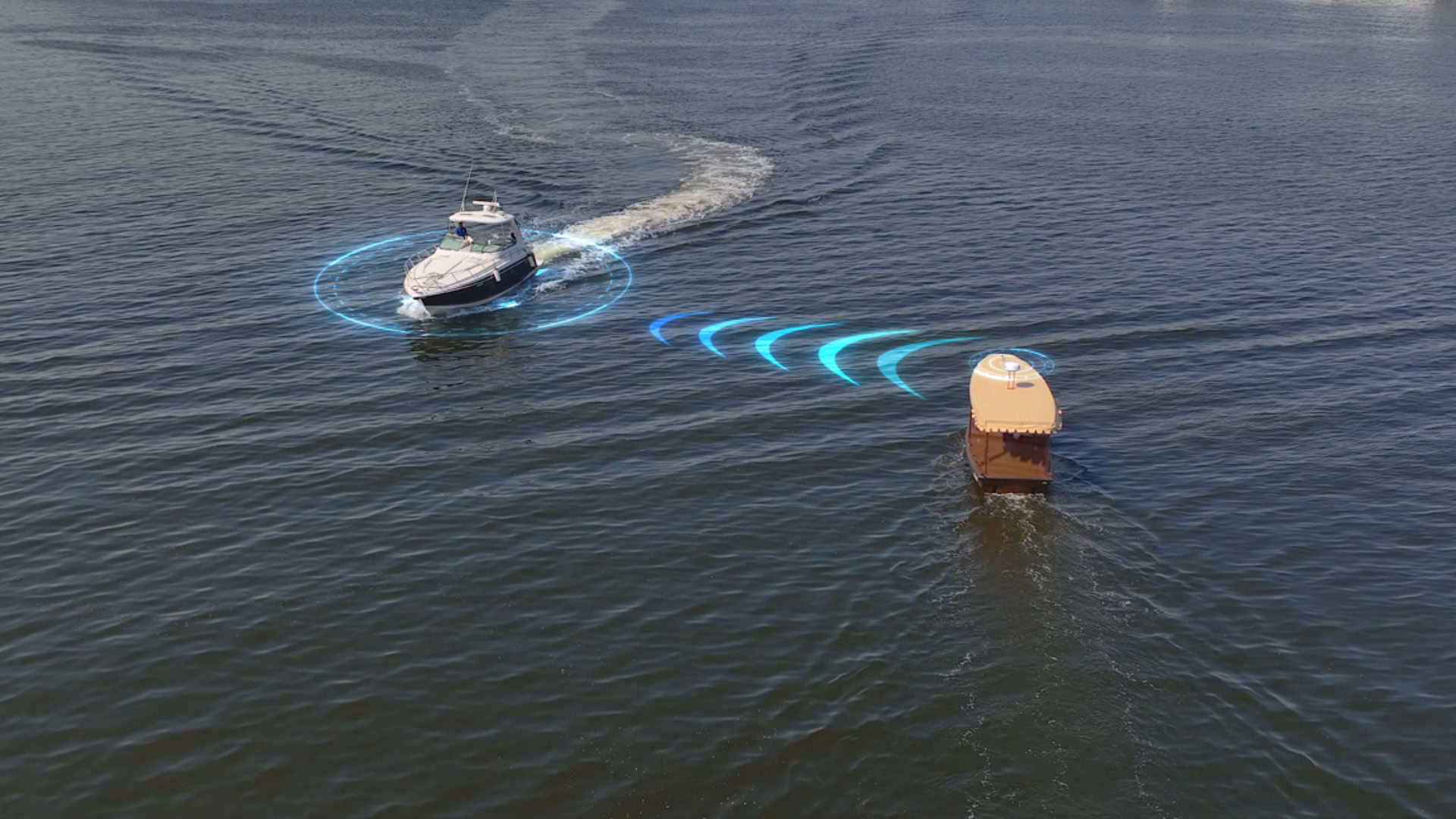
“Dubai’s commitment to pioneering advancements in transportation is evident in the launch of the city’s first self-driving electric abra,” noted His Excellency Mattar Al Tayer, Director-General and Chairman of the Board of Executive Directors of the RTA. “This groundbreaking development aligns with our vision to transform Dubai into a smart city and offers an eco-friendly solution that ensures the sustainability of our transportation infrastructure”.
Featuring state-of-the-art automated navigation systems, the Sea Breeze can effortlessly glide along Dubai’s waterways while retaining the iconic shape of the traditional abra. The self-driving abra has plenty of benefits, including an increased passenger capacity of up to 8 people, reduced operational costs, and environmental impact due to its electric propulsion system.
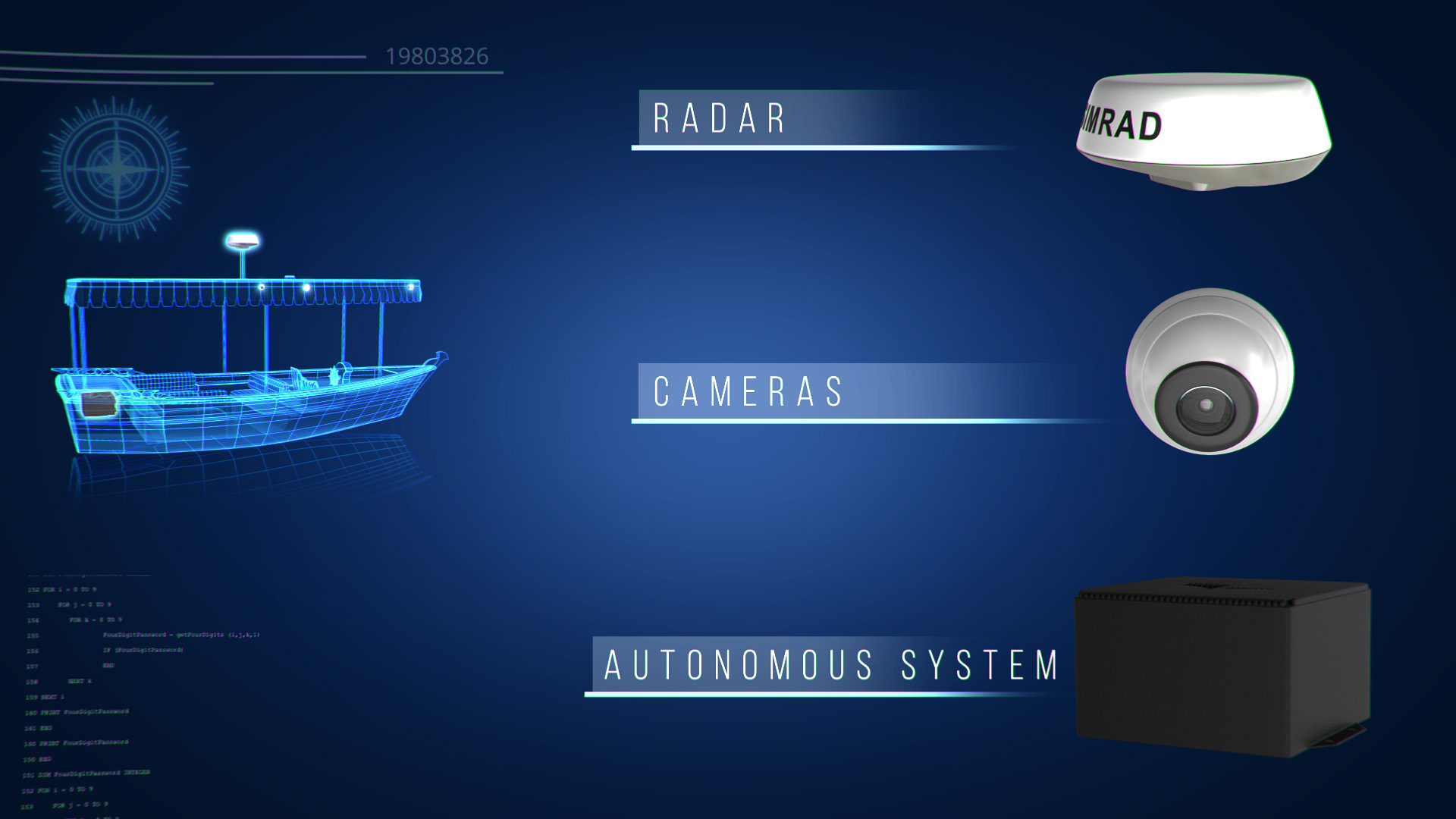
As for the craft’s AI smarts, the self-driving abra can detect oncoming obstacles, notify the control center of system malfunctions and deviate from preset routes if obstacles are detected, or an emergency is announced.
Also Read: Dubai Launches The World’s Largest Ocean Restoration Project
“The launch of the self-driving electric abra marks a significant milestone in Dubai’s journey towards a sustainable and technologically advanced transportation system,” explained His Excellency Sultan Al Haddad, who is the CEO of the Marine Transport Sector at RTA. “By integrating advanced autonomous technology with an eco-friendly electric propulsion system, we are revolutionizing the way people move across Dubai’s vibrant waterfront areas”.
Dubai revealed a next-generation fleet of high-powered wooden abras back in 2020 as part of a plan to overhaul the emirate’s marine transport sector. The traditional boats were overhauled to cater to improved safety standards and to allow better access for people with disabilities. Changes included designated wheelchair spaces, life jackets stowed under seats and GPS technology, and upgraded digital payment systems.
News
Samsung Smart Glasses Teased For January, Software Reveal Imminent
According to Korean sources, the new wearable will launch alongside the Galaxy S25, with the accompanying software platform unveiled this December.

Samsung appears poised to introduce its highly anticipated smart glasses in January 2025, alongside the launch of the Galaxy S25. According to sources in Korea, the company will first reveal the accompanying software platform later this month.
As per a report from Yonhap News, Samsung’s unveiling strategy for the smart glasses echoes its approach with the Galaxy Ring earlier this year. The January showcase won’t constitute a full product launch but will likely feature teaser visuals at the Galaxy S25 event. A more detailed rollout could follow in subsequent months.
Just in: Samsung is set to unveil a prototype of its augmented reality (AR) glasses, currently in development, during the Galaxy S25 Unpacked event early next year, likely in the form of videos or images.
Additionally, prior to revealing the prototype, Samsung plans to introduce…
— Jukanlosreve (@Jukanlosreve) December 3, 2024
The Galaxy Ring, for example, debuted in January via a short presentation during Samsung’s Unpacked event. The full product unveiling came later at MWC in February, and the final release followed in July. Samsung seems to be adopting a similar phased approach with its smart glasses, which are expected to hit the market in the third quarter of 2025.
A Collaborative Software Effort
Samsung’s partnership with Google has played a key role in developing the smart glasses’ software. This collaboration was first announced in February 2023, with the device set to run on an Android-based platform. In July, the companies reiterated their plans to deliver an extended reality (XR) platform by the end of the year. The software specifics for the XR device are expected to be unveiled before the end of December.
Reports suggest that the smart glasses will resemble Ray-Ban Meta smart glasses in functionality. They won’t include a display but will weigh approximately 50 grams, emphasizing a lightweight, user-friendly design.
Feature Set And Compatibility
The glasses are rumored to integrate Google’s Gemini technology, alongside features like gesture recognition and potential payment capabilities. Samsung aims to create a seamless user experience by integrating the glasses with its broader Galaxy ecosystem, starting with the Galaxy S25, slated for release on January 22.




